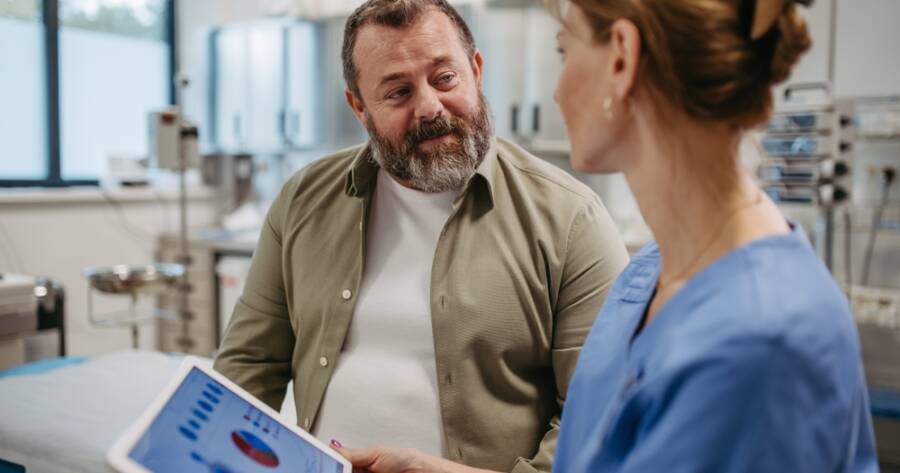Paid clinical trials for diabetes play a crucial role in advancing medical research while providing participants with financial compensation. Offering a variety of studies across institutions like the NIDDK and platforms such as Thrivable, modern trials explore prevention, treatment, and management methods for all diabetes types, enabling progress in healthcare strategies. Key studies further contribute to innovative diabetes solutions.
Overview of Paid Clinical Trials for Diabetes
Paid clinical trials for diabetes are essential for advancing medical knowledge and treatment options, while offering participants a financial incentive. These trials are conducted by various organizations and research institutions, such as the National Institute of Diabetes and Digestive and Kidney Diseases (NIDDK).
The organization focuses on developing new methods to prevent, detect, and treat diabetes, significantly impacting healthcare strategies. Participants in these trials contribute to crucial medical research and may receive compensation for their involvement.
Opportunities with Thrivable
Thrivable is an emerging platform offering paid diabetes research studies with compensation of up to $2,000 for in-person product testing. Participants can earn up to $75 per hour through online surveys, virtual focus groups, or interviews, making it an accessible option for many individuals managing diabetes.
Thrivable not only provides financial rewards but also allows participants to influence diabetes care by sharing their insights with healthcare companies. The platform assures privacy and security, anonymizing survey responses and using bank-level encryption to protect personal information.
Wide Range of Clinical Trials
Clinical trials for diabetes cover all main types—Type 1, Type 2, and gestational diabetes—addressing specific needs and exploring potential advancements in treatment options. Institutions like CNS Healthcare offer these trials across various locations, such as Jacksonville and Orlando.
By participating, individuals can contribute to the early detection, management, and education of diabetes, potentially receiving no-cost treatment options. No-fee appointments are available for interested candidates to assess their eligibility for these trials.
Key Studies and Their Contributions
Several key studies have been pivotal in understanding and managing diabetes. The Glycemia Reduction Approaches in Diabetes (GRADE) study tracks over 5,000 individuals with type 2 diabetes to identify effective medication combinations for managing blood sugar with minimal side effects.
Similarly, TrialNet conducts research aimed at slowing down disease progression, particularly in type 1 diabetes. Organizations like the American Diabetes Association support these initiatives, advancing new diabetes treatments and improving long-term health outcomes.
Clinical Trials at the University of Virginia
The University of Virginia is actively conducting various diabetes studies. One such study, “Treating Early Type 2 Diabetes by Reducing Postprandial Glucose Excursions,” offers compensation and compares routine care with lifestyle interventions for individuals with recent type 2 diabetes diagnoses.
Another study focuses on assisting those already on basal insulin using automated insulin delivery systems. These trials provide valuable insights into real-world diabetes management and offer participants potential access to no-fee medical supplies.
Learn More About Diabetes Clinical Trials
Engaging in diabetes clinical trials presents a unique opportunity to contribute to medical advancements and improve personal health management. Participants not only receive financial compensation but also gain access to cutting-edge treatments and healthcare products. By supporting research initiatives, individuals play a pivotal role in shaping the future of diabetes care, potentially leading to innovative solutions that can enhance quality of life for millions.
Understanding and participating in these trials can lead to better treatment options and contribute to global health improvements. Those interested in making an impact should explore available studies and consider their eligibility to join these vital healthcare efforts.
Sources
Explore Thrivable Opportunities
NIDDK’s Role in Clinical Trials
CNS Healthcare’s Contributions

